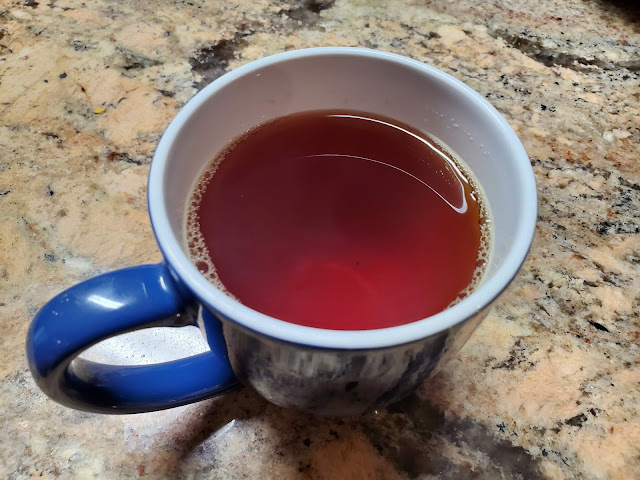What is chai ☕ for an Indian?
• Sleepy? Have tea.
• Tired 😰? Have tea.
• Mood off 😏? Have tea.
• Feeling cold 🥶? Have tea.
• Want a Samosa? Must have tea.
• Not well 🥴? Have adrakh wali tea.
• Want a good figure? Have green tea.
•Rainy Day: have tea
 |
| Tea Varieties photo by Alice Pasqual on Unsplash |
 |
| Tea plant photo by Rashid on Unsplash |
Differences among the five types of tea result from the various degrees of processing and the level of oxidization. I didn't know. 😮
Black tea is fully oxidized. Oolong tea is partially oxidized. After withering and rolling, the tea leaves undergo natural chemical reactions resulting in taste and color changes which develop the tea's distinguishing characteristics. Green & white teas are not oxidized after leaf harvesting. Oolong tea is midway between black and green teas in strength and color. Dark teas are fermented after manufacture.
We typically drink black tea. I think I've only had green tea a handful of times. What is your favorite variety of tea? Do you prefer one variety over the other?
 |
| Brooke Bond Red Label Natural Care Tea |
Tea is a refreshing beverage that contains no sodium, fat, carbonation, or sugar. It is virtually calorie-free. It helps maintain proper fluid balance and may contribute to overall good health. It contains flavonoids, naturally occurring compounds that are believed to have antioxidant properties. Tea flavonoids often provide bioactive compounds that help to neutralize free radicals, which scientists believe, over time, damage elements in the body, such as genetic material and lipids that contribute to chronic disease.
Looking for hard facts and statistics of why drinking tea is beneficial, check out more below.
 |
| Photo by An Nguyen on Unsplash |
Neurological 🧠 Decline: Research has identified several modifiable factors that may help slow the progression or reduce the risk of age-related neurological declines and diseases. Tea may be one of the modifiable factors as the antioxidants in tea may protect brain cells from environmental insults from free radical exposure. In addition, L-theanine in tea has been shown to directly affect areas of the brain that control attention and ability to solve complex problems.





